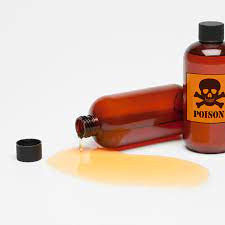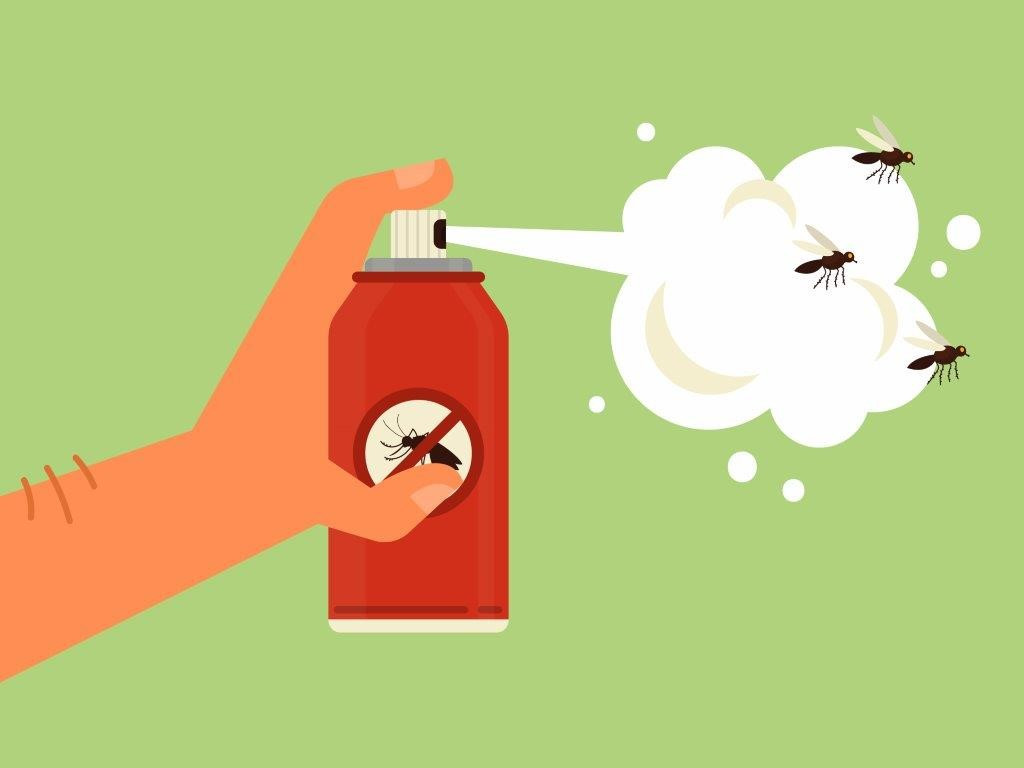Definition
Alcohol intoxication is a condition where someone consumes an excessive amount of alcohol, leading to a high level of alcohol in the blood. Alcohol poisoning can cause symptoms depending on the alcohol level in the blood. Someone may become unresponsive, confused, experience difficulty breathing, lose consciousness, or even slip into a coma. Alcohol poisoning is an emergency condition and can threaten life. Alcohol intoxication usually happens to a person who consumes too much alcohol, either in terms of the number of drinks or the alcohol content in those drinks. This condition can also occur after accidentally ingesting household products that contain alcohol.
Causes
The type of alcohol that can cause intoxication varies between individuals. Because of this, it is essential to know how much alcohol or how many glasses can be consumed safely.
The standard drink in the United States contains 0.6 ounces of pure alcohol. This amount of alcohol is generally found in:
- 12 ounces of beer with a 5 percent alcohol content
- 8 ounces of malt liquor at a 7 percent alcohol content
- 5 ounces of wine at a 12 percent alcohol content
- 1.5 ounces of 80-proof distilled spirits or liquor (such as rum, vodka, or whiskey) at a 40 percent alcohol content
Alcohol in the form of ethanol (ethyl alcohol) is found in:
- alcoholic beverages
- some household products like mouthwash and cooking extracts
- medications
Alcohol intoxication occurs from drinking too much alcohol in a short period.
Risk factor
Several factors can influence the likelihood of alcohol intoxication:
- Genetic factors: Some individuals may be more susceptible or resistant to alcohol due to genetic factors.
- Type of alcohol: The ethanol found in alcoholic drinks differs from that used in industrial products, disinfectants, and antiseptics.
- Amount and alcohol content: The quantity and alcohol content consumed play a significant role in alcohol intoxication, and people have varying tolerance levels.
- Rate of alcohol consumption: The speed at which alcohol is consumed can also impact the body's ability to tolerate it.
- Consumption with or without food: Whether alcohol is consumed on an empty stomach or with food can affect its effects.
- Body weight: Overweight individuals may metabolize alcohol differently, influencing their ability to expel it from the body.
- Medication and certain diseases: Some medications and specific health conditions can affect the body's ability to metabolize and expel alcohol."
Symptoms
Alcohol intoxication impacts both behavior and consciousness, with symptoms varying based on the severity of intoxication and the level of alcohol in the blood. The consequences of alcohol poisoning can lead to violent behavior or unintentional accidents, particularly in individuals who regularly consume alcohol, where symptoms may not be readily apparent.
- Mild alcohol consumption (0.01-0.1% alcohol level in the blood)
Individuals may experience increased confidence, relaxation, and an inclination to talk more. Alcohol disinhibits individuals, resulting in a loss of self-control. Mild intoxication affects body coordination, causing imbalance and difficulty standing straight. Physical symptoms include flushed skin, an elevated heartbeat, and decreased memory ability. Those with mild alcohol intoxication are often unaware of their surroundings.
- Moderate alcohol consumption (0.15-0.3% alcohol level in the blood)
Higher alcohol levels can induce mood disorders and unclear speech. Disinhibition becomes more pronounced, leading to bad coordination and noticeable memory disorders. Memory gaps or loss of memory may occur during moderate intoxication. Affected individuals may be unaware of their surroundings, rendering them unresponsive when spoken to and appearing confused. Additional symptoms include vomiting and headaches.
- Severe alcohol consumption (>3% alcohol level in the blood)
Results in hallucinations (seeing, hearing, or feeling things that are not real) and delusions, making it challenging to distinguish between reality and imagination. Speech difficulties and massive headaches are common. Alcohol lowers body temperature, causing hypothermia, with temperatures dropping below 35 degrees Celsius. If the alcohol level exceeds 4%, individuals can fall into a coma and experience breathing failure.
Diagnosis
To establish a diagnosis, the medical history (anamnesis) plays a crucial role, encompassing details about the symptoms, the time of intoxication, and the activities undertaken when the symptoms manifested. Typically, doctors inquire about the type of alcohol involved, the quantity consumed, and whether the condition has recurred. When the affected individual finds responding challenging, the doctor may seek information from accompanying individuals. The physician also assesses injuries, especially if violence or accidents occur. Concurrent conditions, such as drug addiction, depression, or a propensity for suicide, may prompt a referral to psychiatric evaluation.
During the physical examination, vital signs take precedence, including assessing the level of consciousness, blood pressure, pulse, and respiratory rate. A definitive measure for alcohol intoxication involves checking the blood alcohol level, a procedure often performed in cases of mild or severe intoxication. Additional examinations, such as assessing glucose blood levels, electrolyte levels, electrocardiogram, and imaging through X-rays or CT scans, may be conducted if signs of violence or accidents are apparent.
Management
The management of alcohol intoxication primarily focuses on alleviating symptoms, preventing complications, and tailoring interventions based on the severity of the intoxication. Supportive therapy is commonly employed, with intravenous fluid administration to address dehydration being a key component. In cases of more severe intoxication leading to a reduction in blood glucose levels, glucose therapy may be administered based on the extent of the glucose decline. Sediments may be prescribed to promote calmness in patients exhibiting agitation or aggression.
In instances of severe intoxication where the patient is unconscious and experiencing respiratory distress, intensive care unit (ICU) treatment or mechanical ventilation using a ventilator may be necessary to aid breathing.
Once the patient regains consciousness, the doctor evaluates whether the case is rooted in alcohol addiction, warranting further management. Addressing alcohol dependence becomes a crucial aspect of post-intoxication care, necessitating a reduction in or complete cessation of alcohol consumption.
Complications
If left untreated, alcohol intoxication can lead to severe complications, including profound dehydration due to increased urination and potential vomiting; seizures, especially in cases of heavy alcohol consumption; hypothermia, impacting heart rhythm; brain damage, affecting cognitive function; respiratory distress is a risk, potentially causing breathing difficulties; and life-threatening situations, such as respiratory failure or cardiac arrest, ultimately resulting in death.
Prevention
To prevent alcohol intoxication, several steps are essential. First, individuals should avoid consuming excessive amounts of alcohol by being mindful of their intake. Engaging in games that involve betting with alcohol should also be avoided, as it can contribute to increased consumption. Consuming alcohol on an empty stomach can exacerbate its effects, so it's important to eat before drinking. Additionally, taking precautions with household products that contain alcohol is crucial, as accidental ingestion can lead to intoxication.
When to see a doctor?
It is recommended to immediately go to the nearest doctor or emergency room if you or people around you experience symptoms such as vomiting, seizures, looking confused and not focused, breathing slowly and irregularly, pale skin blue, your body feels cold, or loss of consciousness (mixed) after drinking alcohol.
Looking for more information about other diseases? Click here!
- dr Hanifa Rahma
Ada's Medical Knowledge Team. (2021). Alcohol Intoxication. Retrieved 18 Januari 2022, from https://ada.com/conditions/alcohol-intoxication/
Lahood, A., Kok, S. (2021). Ethanol Toxicity. Retrieved 18 Januari 2022, from https://www.ncbi.nlm.nih.gov/books/NBK557381/
O'Malley, G., O'Malley, R. (2020). Alcohol Toxicity and Withdrawal. Retrieved 18 januari 2022, from https://www.msdmanuals.com/professional/special-subjects/recreational-drugs-and-intoxicants/alcohol-toxicity-and-withdrawal












